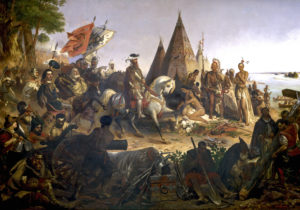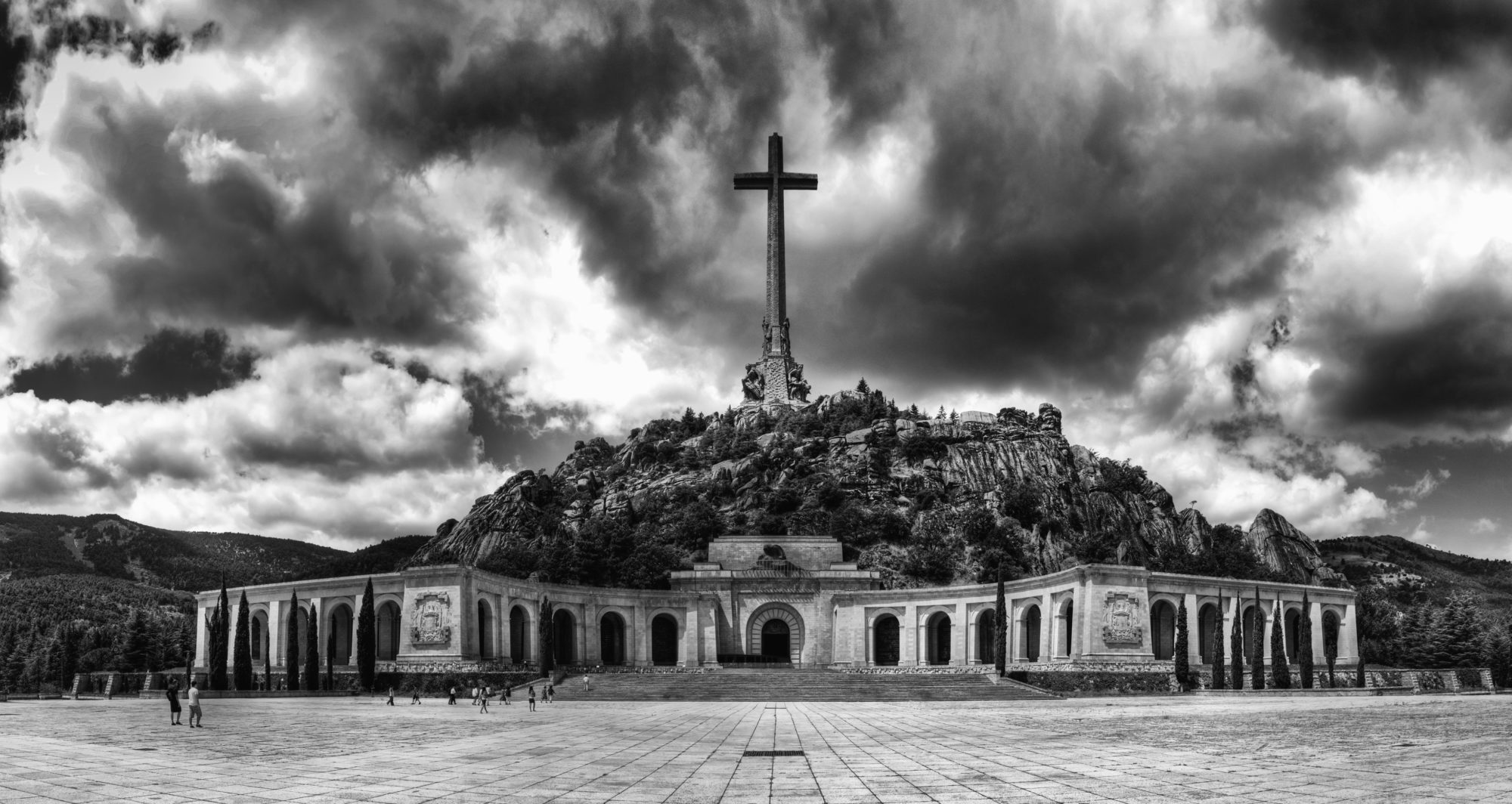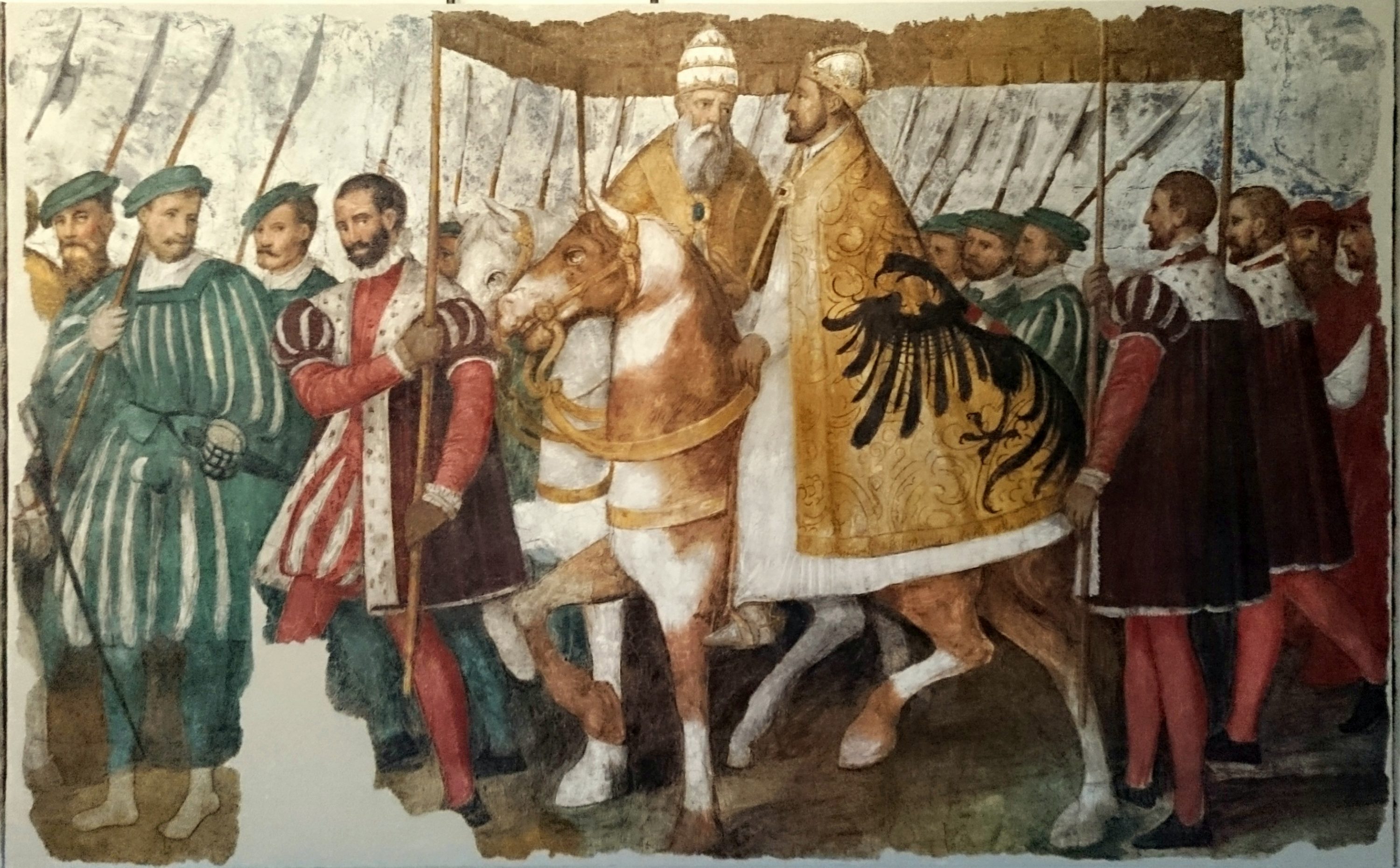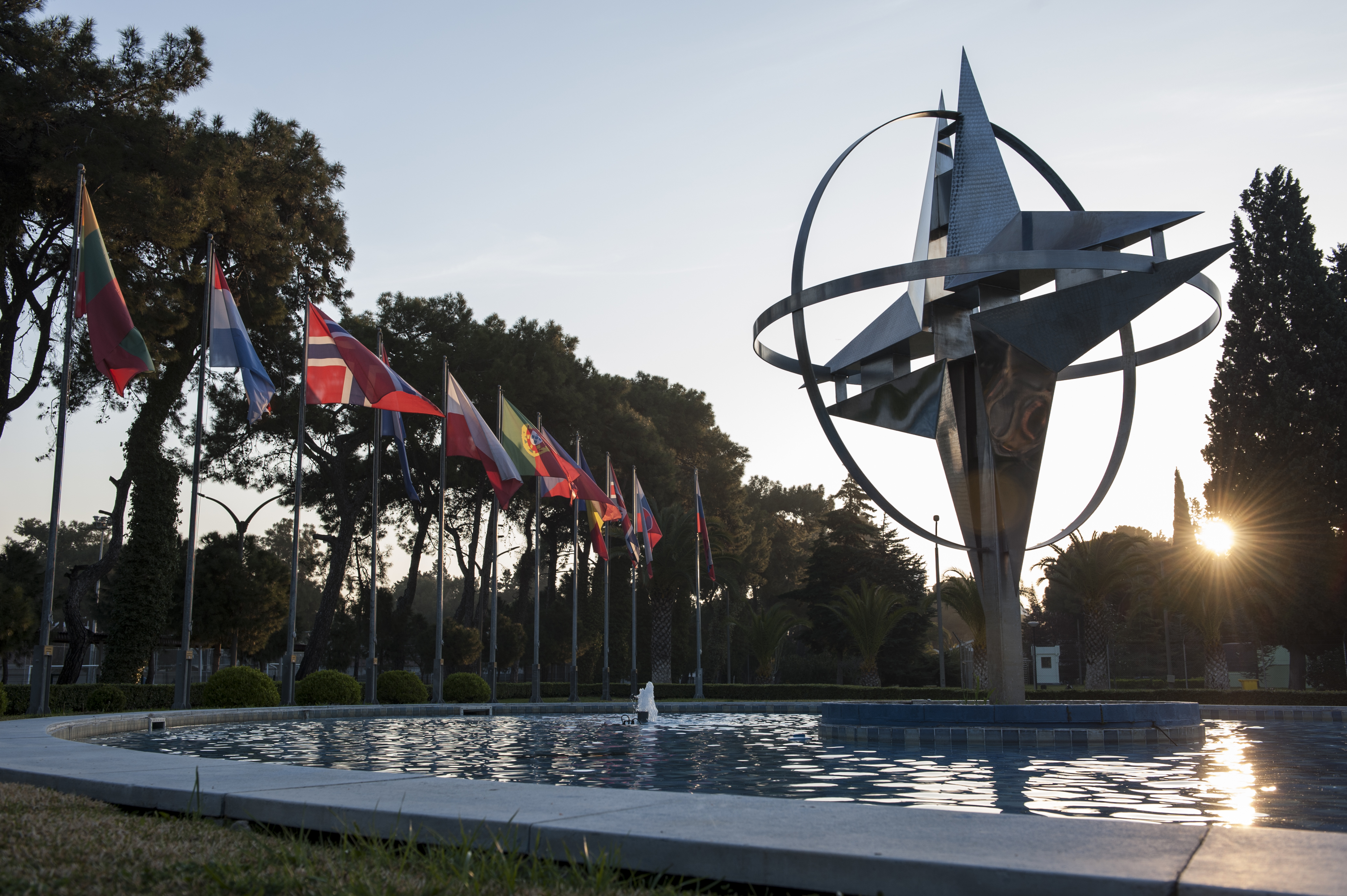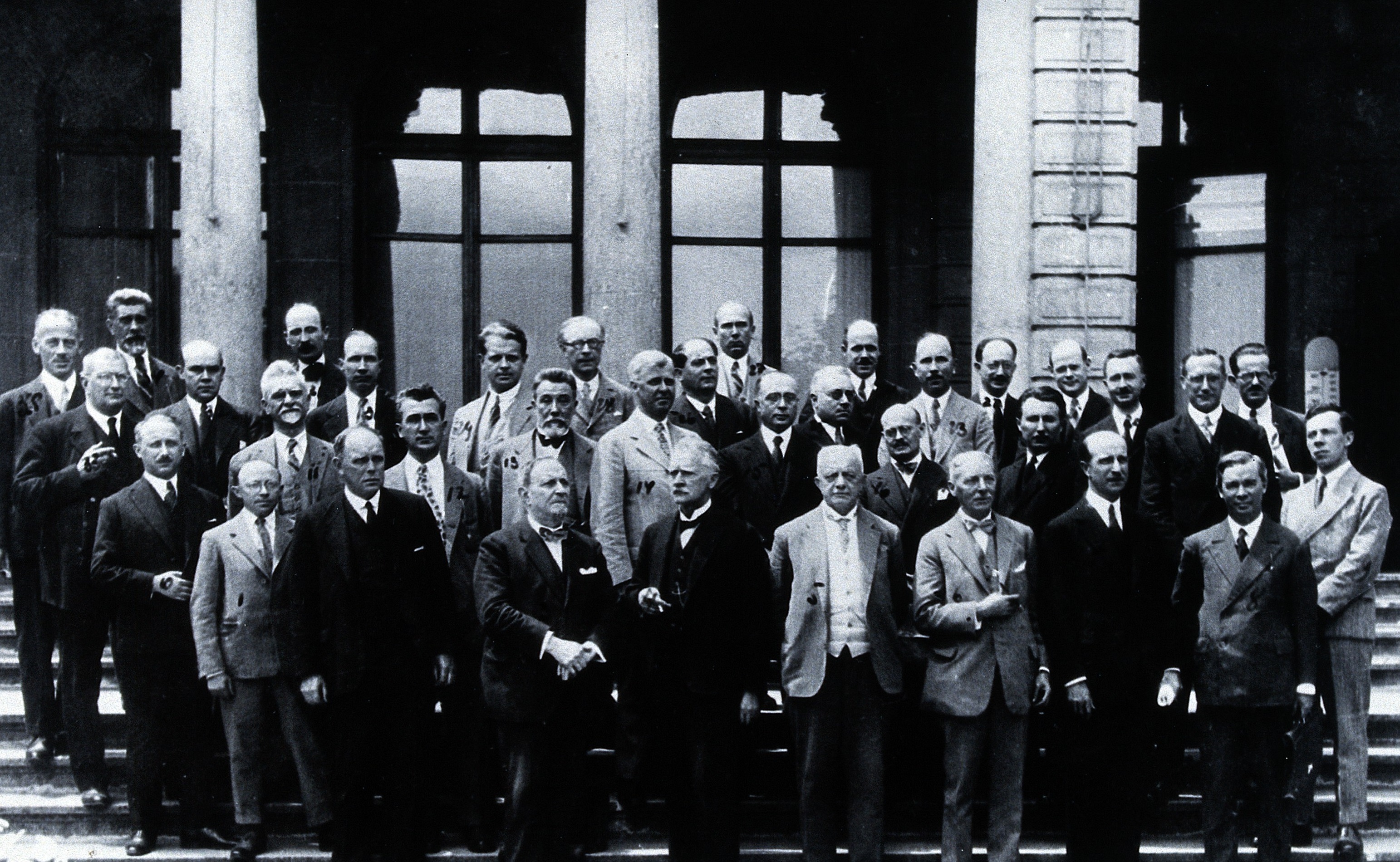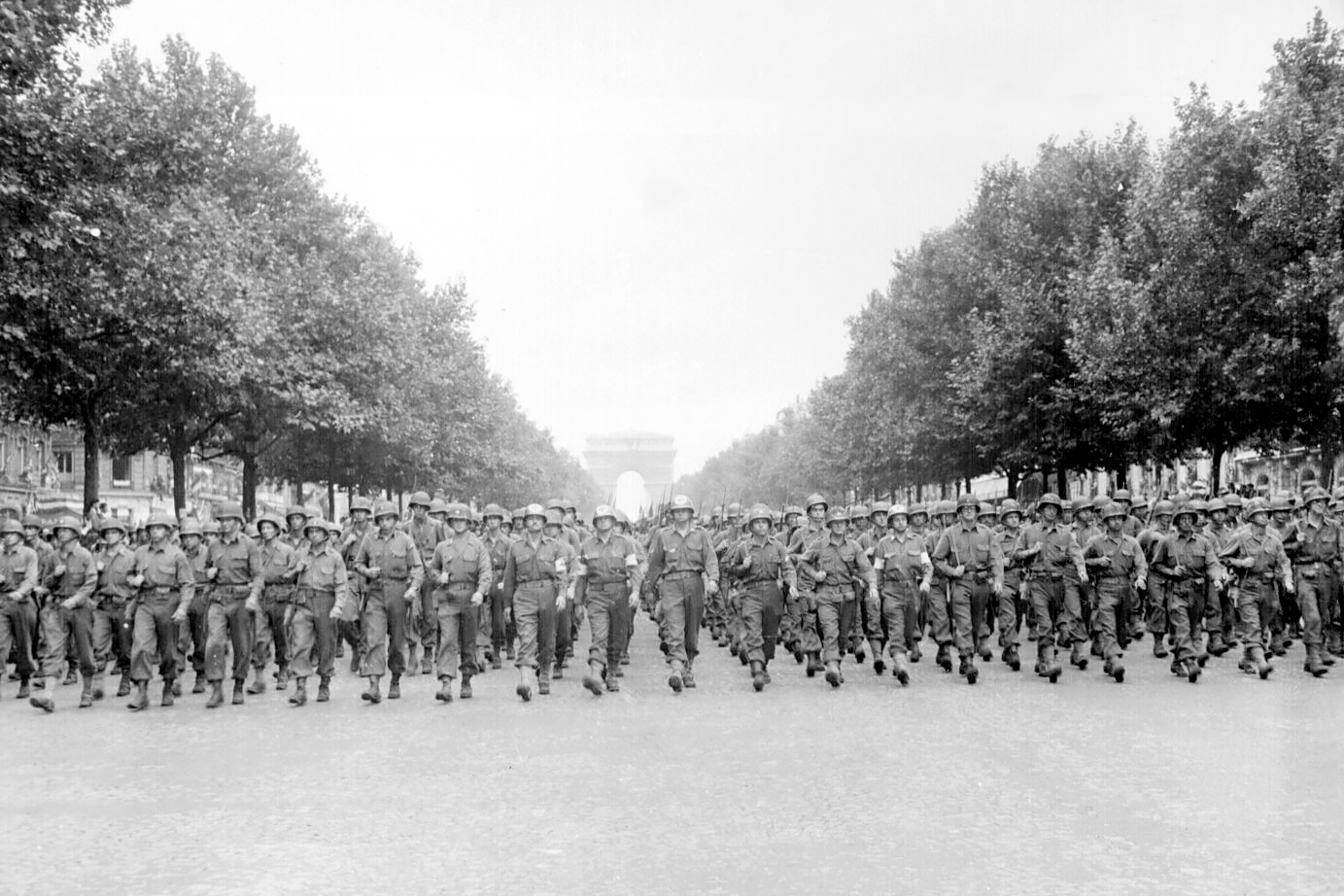A Contested Doctrine of Discovery
Recently, some evangelical churches have apologized for the Doctrine of Discovery, a contested fifteenth-century Catholic Spanish theory that Christian explorers could claim and take land previously unknown to themselves if it was ruled by non-Christians, a theory the United States Supreme Court falsely claimed was a universal aspect of international law.
Albert Russell Thompson JrSeptember 7, 2021
The Armenian Genocide and America’s Global Role: A Review of Laderman’s Sharing the Burden
Charlie Laderman’s “Sharing the Burden” provides a thoroughly researched and highly compelling account of how the Armenian question acted as a catalyst for an emerging American-British geopolitical alliance and the United States’ rise as a predominant actor in the international arena.
Tobias CremerSeptember 14, 2020
COVID-19 and Future World Order
While it is still too early to ascertain the COVID-19 pandemic’s damage to our country and the world, it is already evident that the crisis will result in structural changes within and among countries.
Mark AmstutzMay 22, 2020
Christian Influence on US Foreign Policy
Formal religious adherence is declining, but America’s longtime religious self-identity as a lodestar of democratic responsibility in the world continues unabashed.
Mark TooleyFebruary 28, 2020
Franco Resurrected
Removing Francisco Franco’s body from the Valle de los Caídos would disturb an unwritten pact of forgiveness and forgetting Spain made during its transition to democracy.
Javier RupérezSeptember 20, 2018
Integralism and International Order
Would those Catholics promoting integralism instead of liberalism support a nationalist-isolationist foreign policy, or empire?
Joseph E. CapizziSeptember 6, 2018
NATO Takes the Fifth
What does NATO need to do going forward? The short answer: more and less.
Alan DowdFebruary 23, 2018
Why the League Failed: 13 Crippling Shortcomings
The much-maligned League of Nations experienced difficulties and shortcomings, which are visible in the functioning of the modern UN – and to a lesser extent, the International Criminal Court. George Stewart provides no less than thirteen reasons for the League’s failure, foremost among them the United States’ refusal to join, despite President Wilson’s labors as the prime architect. Stewart’s criticism of the League’s weaknesses, in its simultaneous impotence and incompetence, serves as a reminder for the need of robust, yet practical, international structures.
Christianity & Crisis MagazineJanuary 26, 2018
The Just War of Unjust Nations
In nearly every war both sides point to the offenses and wickedness of their enemies, hoping to solidify that they are on the side of morality and godliness and to justify their decision to fight. The Axis Powers of World War II undoubtedly had perverse and wicked aims, but in this article Eduard Heimann argues that the democracies, and particularly the Christians living within them, deserve blame for the war as well.
Christianity & Crisis MagazineJanuary 23, 2018
